Sump Pump Installation in North Wantagh
Your Basement Stays Dry, Guaranteed
Professional sump pump installation that actually works when storms hit North Wantagh hardest.
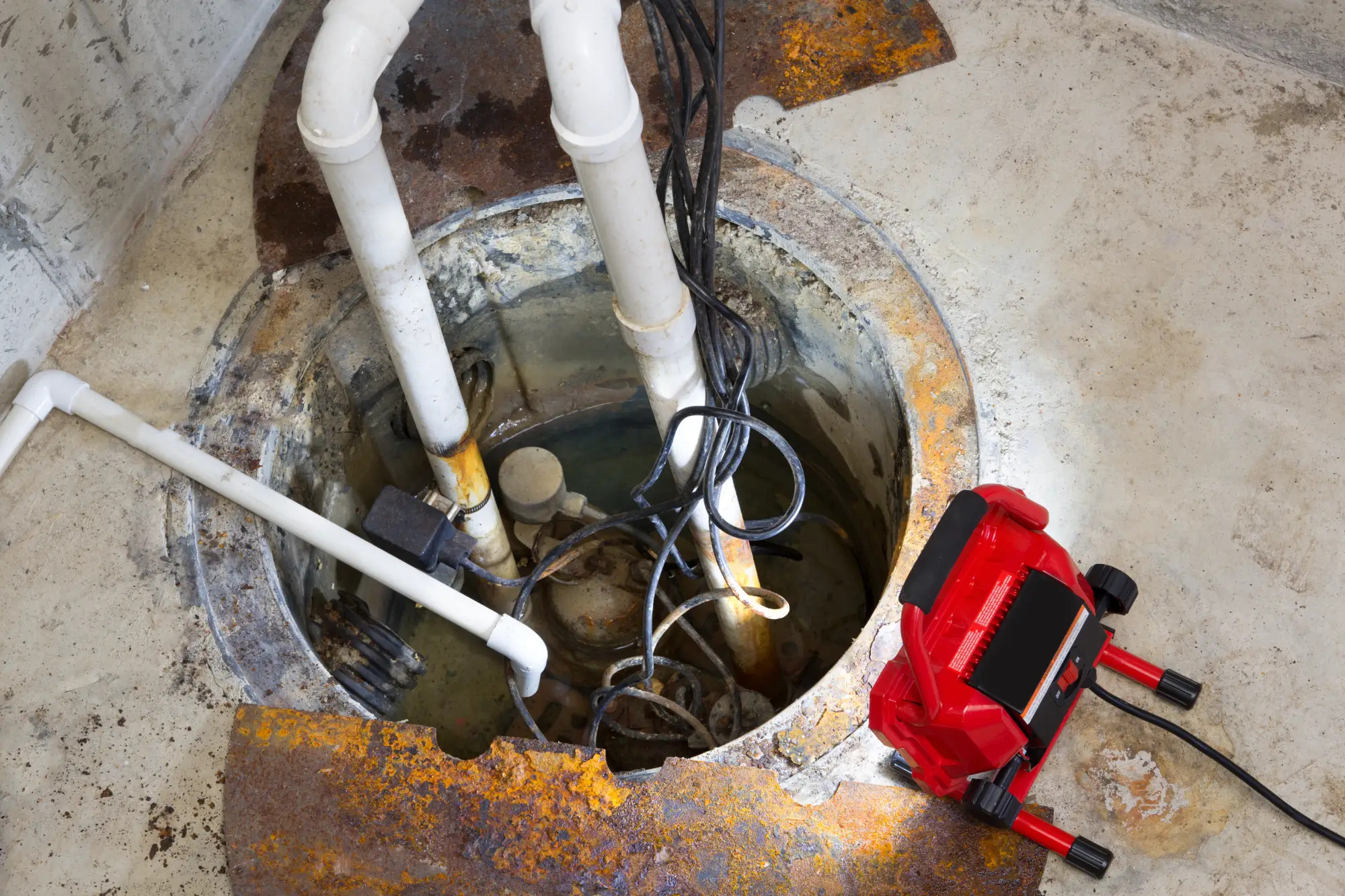
Hear About Us
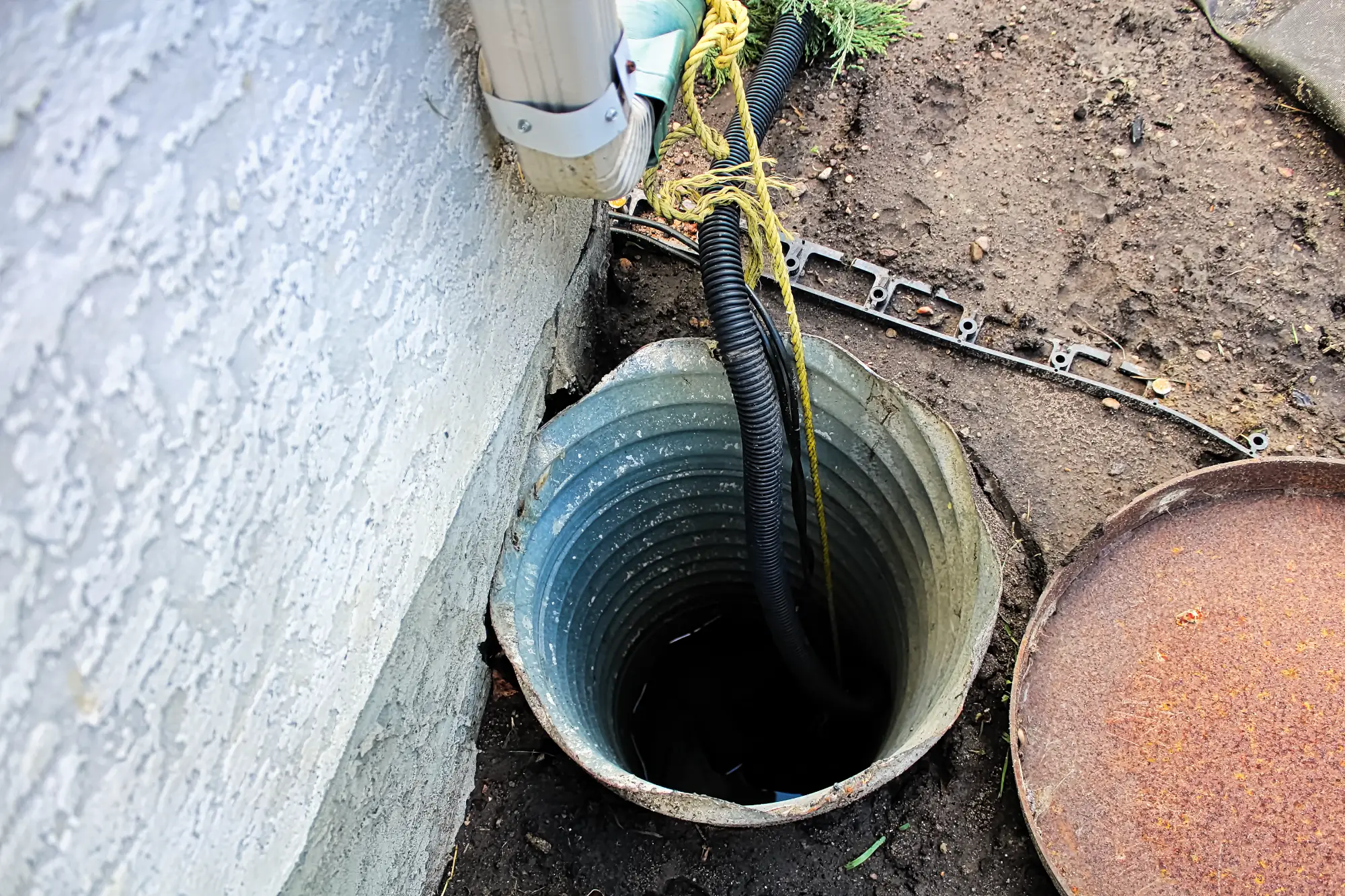
Basement Sump Pump Systems
You’ll stop checking your basement every time it rains. No more rushing downstairs during storms or finding soggy boxes after the fact.
Your belongings stay safe and dry. That finished basement becomes usable space again, not a liability you worry about.
The musty smell disappears. Your home feels cleaner, healthier, and you’re not constantly battling humidity or mold concerns that come with water intrusion.
North Wantagh Sump Pump Installers
Diamond Masonry & Waterproofing LLC has been protecting North Wantagh homes from water damage for years. We understand how Long Island’s high water table affects your basement.
We’re licensed, insured, and local. When you call, you’re talking to people who’ve seen every type of basement water problem this area throws at homeowners.
Our installations work because we know what doesn’t. We’ve fixed too many failed systems installed by contractors who don’t understand Nassau County’s unique challenges.
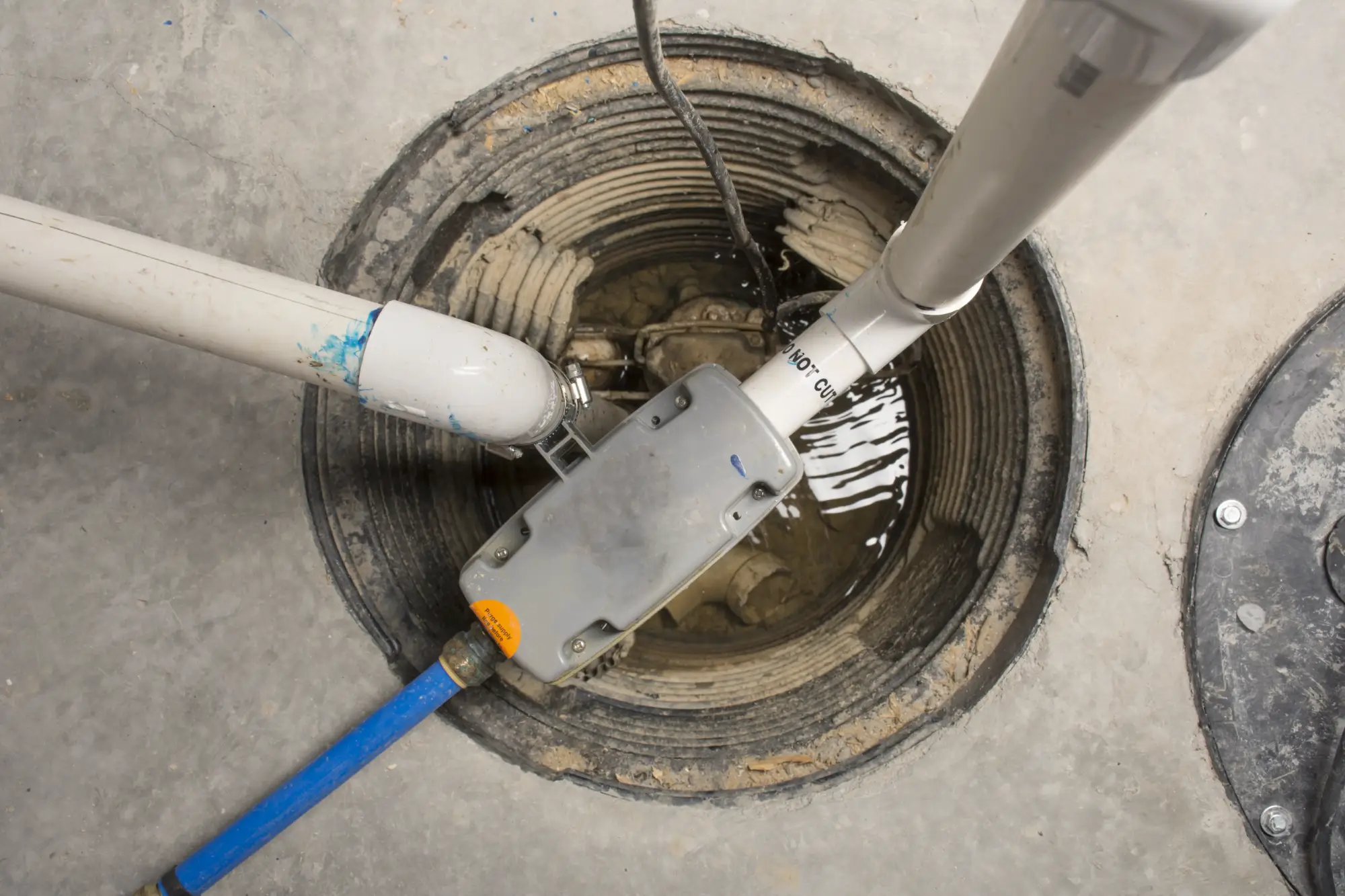
Sump Pump Installation Process
First, we assess your basement’s specific needs. Every North Wantagh home is different, and your water table depth, soil conditions, and basement layout determine what system works best.
We excavate the sump pit in the lowest point of your basement floor. The pit gets lined properly, and we install the pump with the right horsepower for your situation, not a one-size-fits-all approach.
The discharge line runs outside, away from your foundation. We make sure water gets far enough from your house that it won’t just seep back in. Finally, we test everything thoroughly and show you how the system operates.
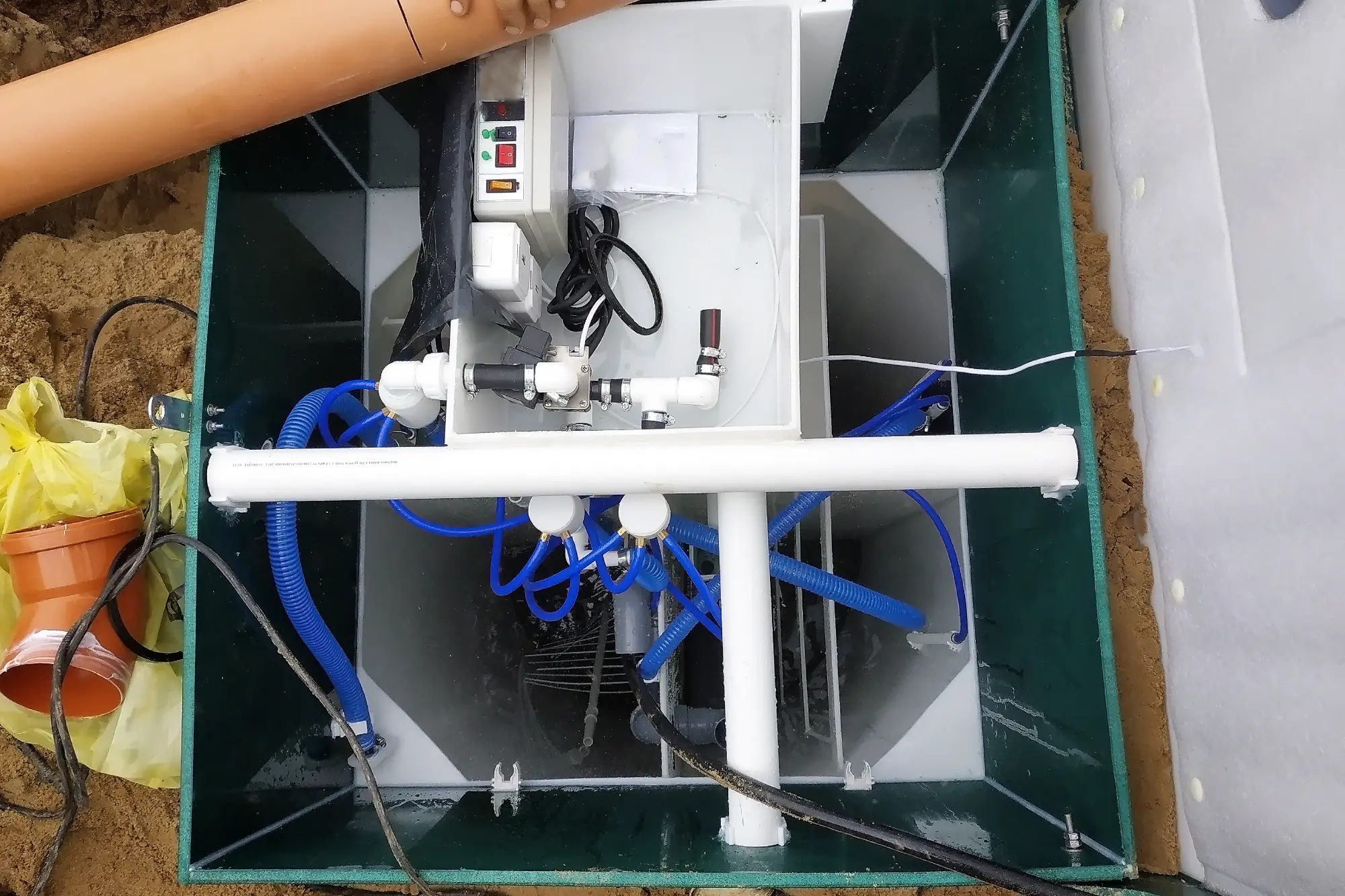
Ready to get started?
Explore More Services
About Diamond Masonry & Waterproofing
Get a Free Consultation
Basement Protection Solutions
You get a custom sump pump system sized for your home’s specific water challenges. We install high-quality pumps that handle North Wantagh’s heaviest rainfall without failing.
Battery backup systems keep you protected during power outages. Storms that knock out electricity often bring the most water, so your pump keeps running when you need it most.
We include proper drainage connections and discharge line installation. Many contractors cut corners here, but water that doesn’t get directed far enough away just comes back through your foundation.
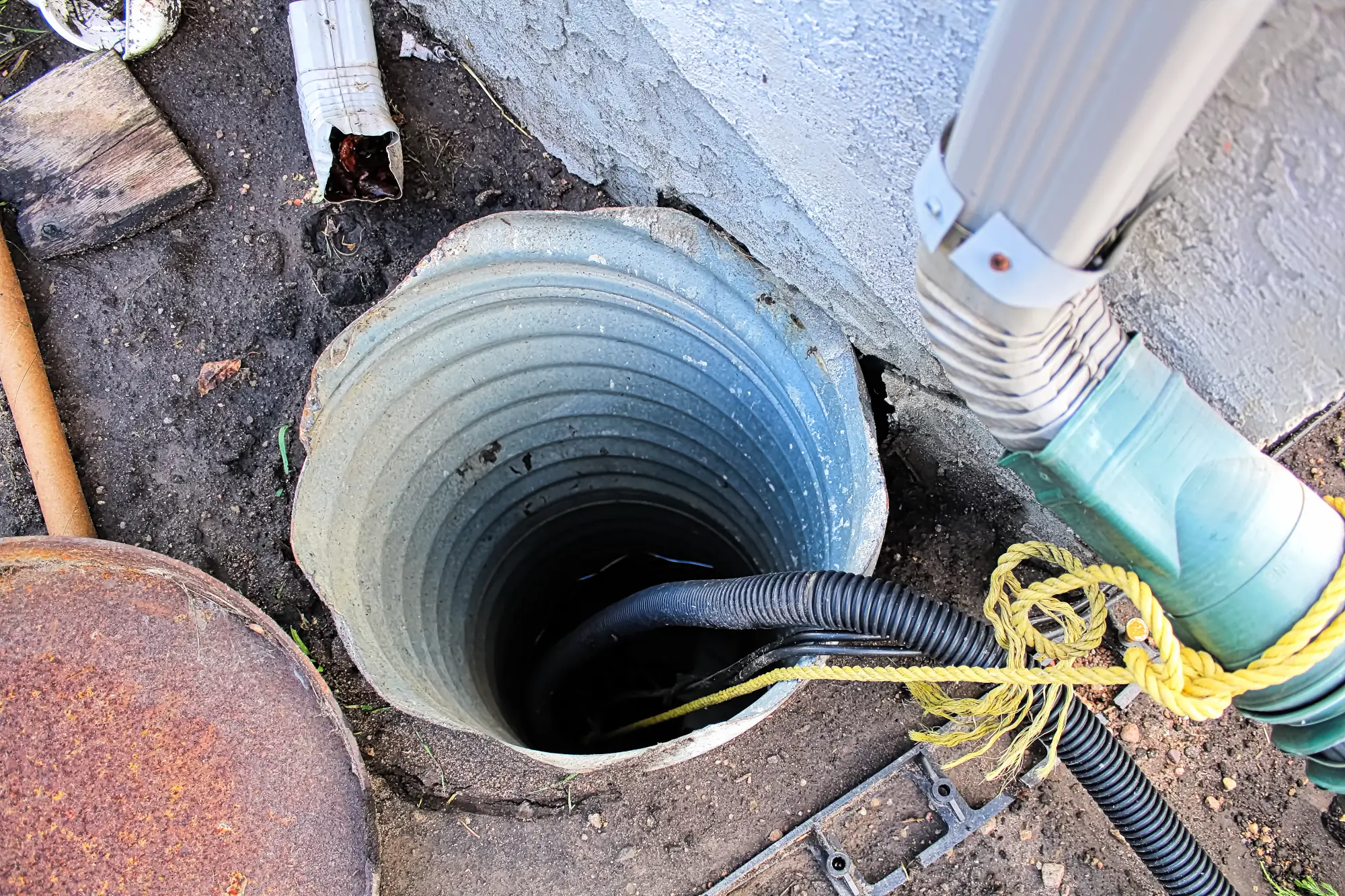
How do I know if I need a sump pump in my North Wantagh basement?
What size sump pump do I need for my basement?
How long does sump pump installation take?
Do I need a battery backup for my sump pump system?
How often do sump pumps need maintenance or replacement?
What happens if my sump pump fails during a storm?
Local Resources
- Google Map Link
- Find the North Wantagh, NY USPS
- Locate Nearby North Wantagh, NY Pharmacies
- View the Current Weather in North Wantagh, NY
- North Wantagh, NY is located in Nassau county in New York State